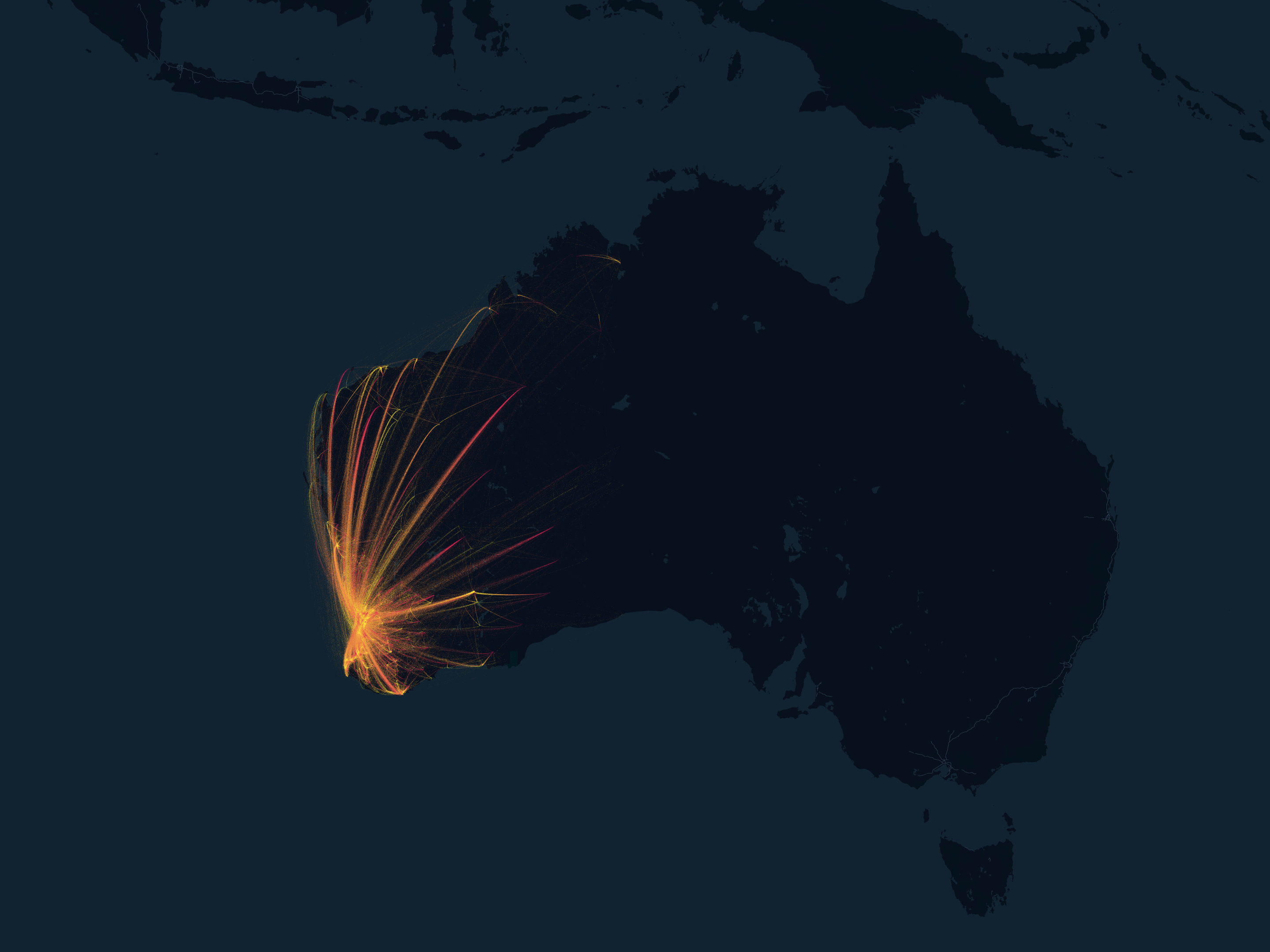Search
Research
Viral haemorrhagic fevers and malaria co-infections among febrile patients seeking health care in TanzaniaIn recent years there have been reports of viral haemorrhagic fever (VHF) epidemics in sub-Saharan Africa where malaria is endemic. VHF and malaria have overlapping clinical presentations making differential diagnosis a challenge.
Research
WALLABY Pre-pilot Survey: The Effects of Tidal Interaction on Radial Distribution of Color in Galaxies of the Eridanus SupergroupWe study the tidal interaction of galaxies in the Eridanus supergroup, using H i data from the pre-pilot survey of the Widefield ASKAP L-band Legacy All-sky Blind surveY.
Research
Early analysis of the Australian Covid-19 epidemicAs of 1 May 2020, there had been 6808 confirmed cases of COVID-19 in Australia. Of these, 98 had died from the disease. The epidemic had been in decline since mid-March, with 308 cases confirmed nationally since 14 April.

News & Events
Survivors of drug-resistant TB face long-term health problems: studyNew research highlights the long-term physical health problems faced by people who survive drug-resistant tuberculosis (TB) .

News & Events
WA’s Omicron wave on a downward trajectory, despite new variantsSophisticated modelling produced is predicting a steady decline in COVID-19 cases in WA throughout August, but hospitalisation rates will remain relatively high.
Research
Geospatial modelling for malaria risk stratification and intervention targeting for high burden high impact countriesPunam Susan Tasmin Amratia Rumisha Symons PhD PhD (Biostatistics) Honorary Research Associate Honorary Research Associate Honorary Research Associate
Research
Geospatial modelling for malaria risk stratification and intervention targeting for low-endemic countriesPunam Susan Tasmin Amratia Rumisha Symons PhD PhD (Biostatistics) Honorary Research Associate Honorary Research Associate Honorary Research Associate

Research
Modelling the COVID pandemic with the Geographical COVID-19 Model (GEO-COV)Researchers have developed a new model for simulating covid-19 outbreaks in Western Australia.
Research
A Maximum Entropy Model of the Distribution of Dengue Serotype in MexicoPathogen strain diversity is an important driver of the trajectory of epidemics. The role of bioclimatic factors on the spatial distribution of dengue virus serotypes has, however, not been previously studied. Hence, we developed municipality-scale environmental suitability maps for the four dengue virus serotypes using maximum entropy modeling.
Research
The ecological determinants of severe dengue: A Bayesian inferential modelLow socioeconomic status (SES), high temperature, and increasing rainfall patterns are associated with increased dengue case counts. However, the effect of climatic variables on individual dengue virus (DENV) serotypes and the extent to which serotype count affects the rate of severe dengue in Mexico have not been studied before.
